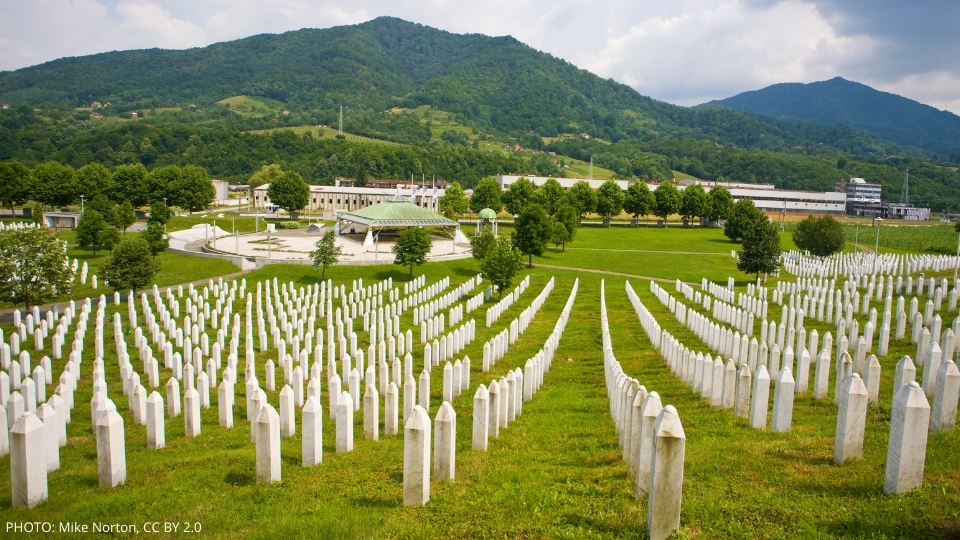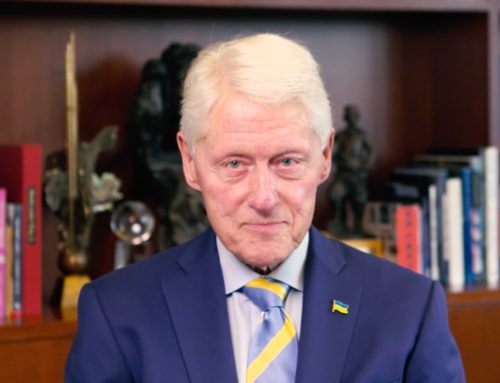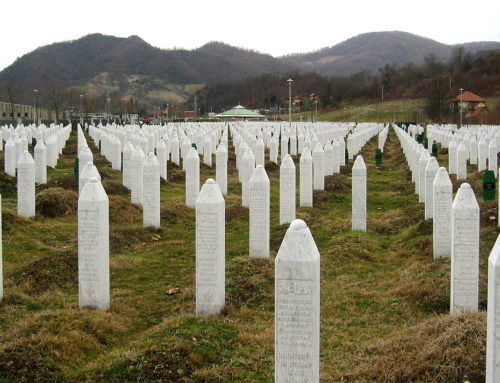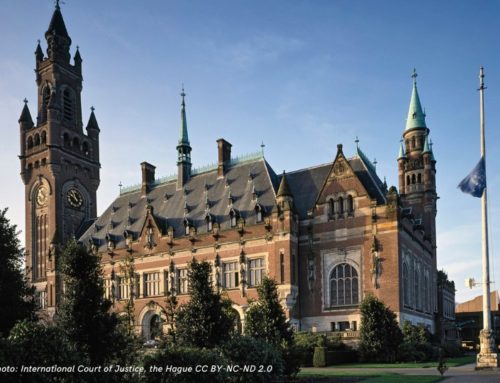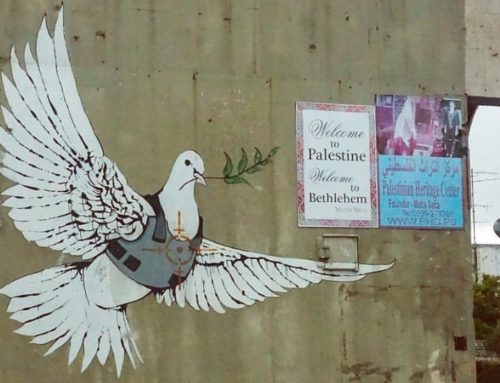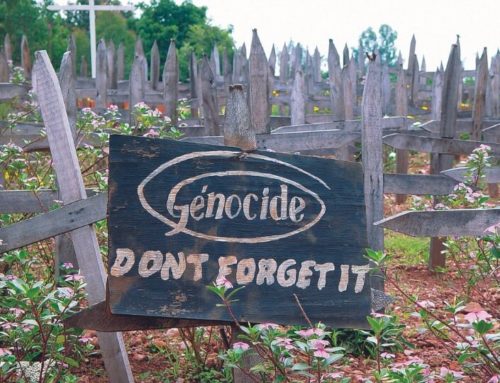The Aegis Trust and Kigali Genocide Memorial stand with the Srebrenica Genocide Memorial, peacebuilders at the P-CRC and other friends and partners calling for the adoption of the proposed UNGA Resolution on the Srebrenica Genocide. Should this resolution pass, July 11 will become the International Day of Remembrance of the Genocide in Srebrenica.
“We are proud to join with the Memorial in Srebrenica in calling for the UNGA’s recognition of the genocide in Srebrenica,” says Freddy Mutanguha, CEO of the Aegis Trust and Kigali Genocide Memorial. “We commend in particular the Rwandan and German governments for taking the lead in this initiative. Working with survivors both to commemorate and prevent genocide, we know only too well the pain that genocide denial causes. We hope this step by the UNGA will be decisive in countering the campaign of denial that has been waged against the Srebrenica genocide’s survivors. In the 1990s, the UN and international community spectacularly failed both Rwandans and Bosniaks – Bosnian Muslims. I hope the UNGA will stand for the victims now.”
The Srebrenica Genocide took place from the 11th to 16th of July 1995, when the Bosnian Serb army, with the support of Serbia, invaded the UN’s supposed ‘Safe Area’ in the town of Srebrenica. With the acquiesence of the Dutch UN Battalion, supposedly there to protect Bosnian Muslims who had been under attack since 1992, the Bosnian Serb Army then separated the civilians, expelling the women and children before massacring 8372 muslim men and boys in a pre-determined, systematically executed series of massacres. The bodies were buried at numerous sites, but then in a bid to prevent any post-genocide identification from taking place, the bodies were dug up again and moved to further locations. Some remains were dug up multiple times. Some 1,000 bodies are still missing. Serbia and the Bosnian Serb authorities deny the genocide to this day.

